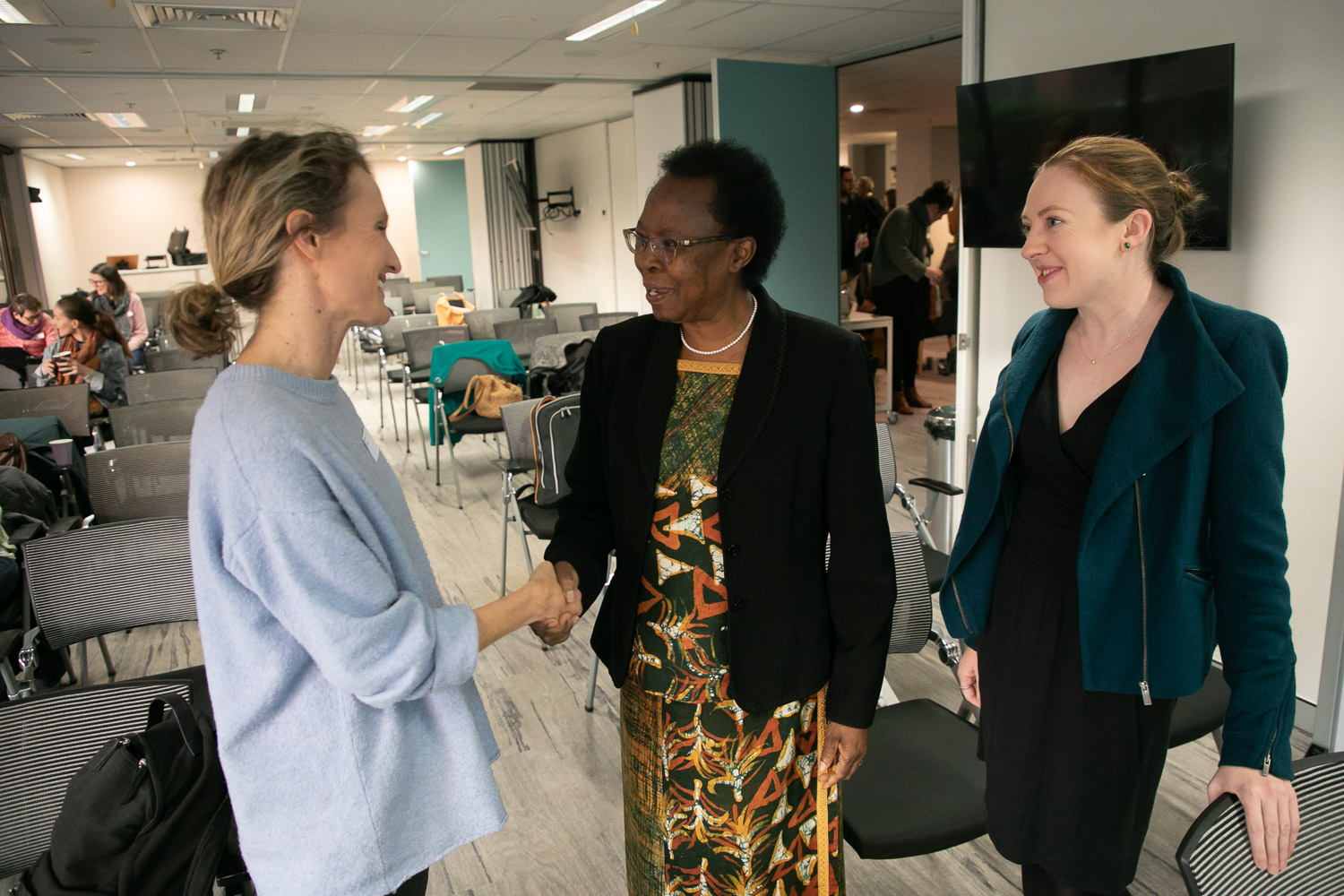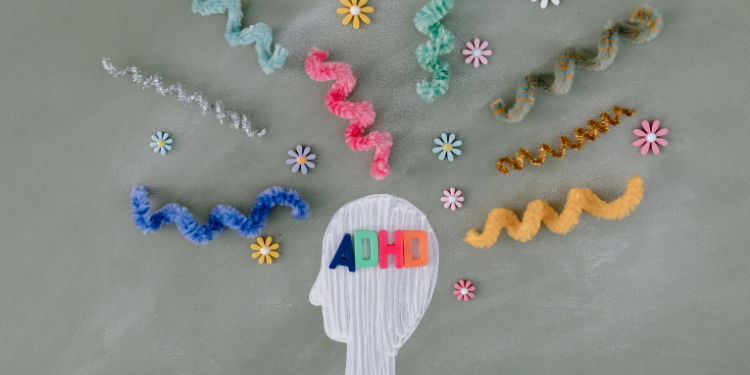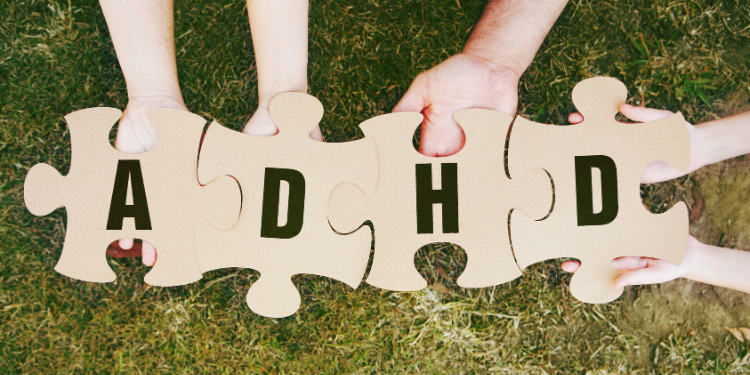MH+PC recently hosted a professional development seminar to help participants better understand trauma and the significant role the church can play in caring for and supporting those with lived-experience of trauma.
Christians striving to meet the needs of distressed refugees in their area. Church members seeking to prepare for difficult future events, after a fatal accident out the front of their building revealed how unprepared they felt to help. Individuals equipping themselves to better care for loved ones as they deal with the fallout from painful experiences. Mental health professionals gaining a better understanding of the Bible’s teaching about their field.
These are just some of the people who came to the recent Mental Health and Pastoral Care Institute’s day-long seminar on trauma last month.
“We didn’t promote it extensively, so we were surprised at the response,” admitted MH+PC co-director Sarah Condie. Ninety people took part in the seminar, which was held both in person and online.
Many were motivated to hear from the guest speaker – internationally acclaimed author, speaker, clinical psychologist, and CEO of Oasis Africa Centre for Transformational Psychology and Trauma, Gladys Mwiti.
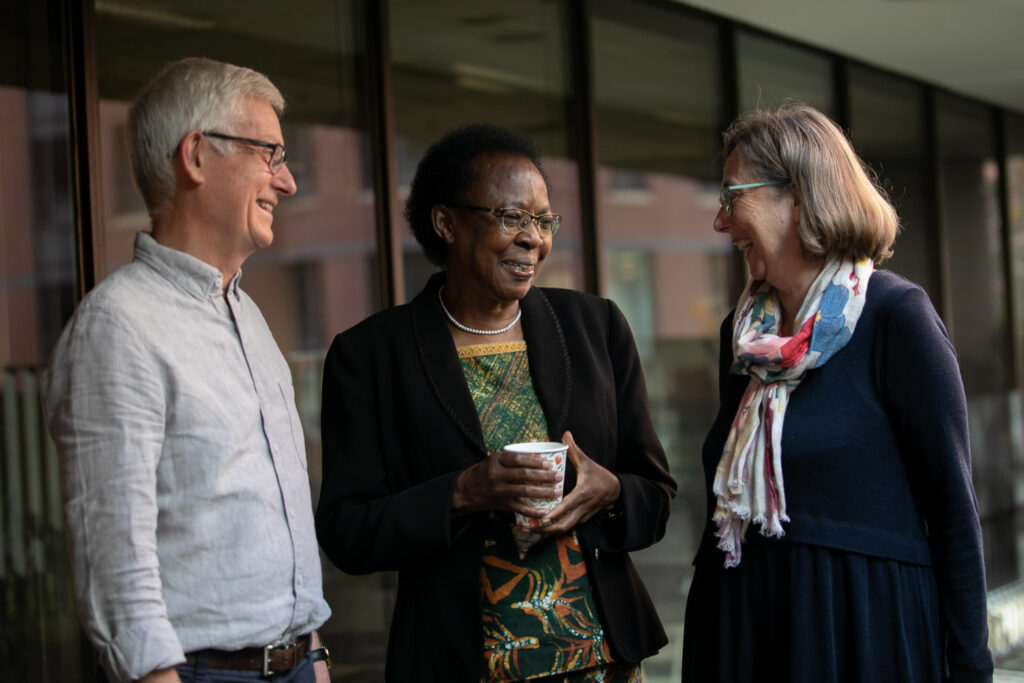
Mary Andrews College recently began offering a Graduate Certificate of Pastoral Care for Mental Health in which the other MH+PC co-director, Keith Condie, teaches. Last year they ran a unit on Trauma, and it attracted much interest.
“We realised that there hadn’t been a lot done locally in the Christian space about trauma, and helping churches understand their unique contribution to responding to critical events such as a suicide, or floods, or a major traffic accident, or even the impact of lots of difficult events in a person’s life” Sarah said.
there hadn’t been a lot done locally in the Christian space about trauma, and helping churches understand their unique contribution to responding to critical events such as a suicide, or floods, or a major traffic accident, or even the impact of lots of difficult events in a person’s life
“When we heard that Gladys Mwiti was coming to Sydney from Kenya, we invited her to speak at a Professional Development Day.”
In recent years, the study of trauma response and its ongoing effects such as post-traumatic stress disorder has escalated, with mental health professionals developing better insights into the physical and psychological suffering that results.
A committed Christian since childhood, Gladys Mwiti has made the study of trauma her life’s work, deepening her understanding via some of the very worst behaviour humanity can inflict on each other. The Rwandan genocide in 1994 led to some of her earliest professional experiences. Gladys is undergoing the impact of trauma and loss herself after the recent death of her beloved husband, Gershon.
“She has dealt with trauma all her life, and now she is walking the walk,” Sarah said.
“Gladys is just the sort of person you’d want to sit with you in a time of need – a mother hen, so humble, she oozed kindness and graciousness. It wasn’t just what she was saying, it’s the person she is, saying it. She genuinely modelled the presence of Christ.”
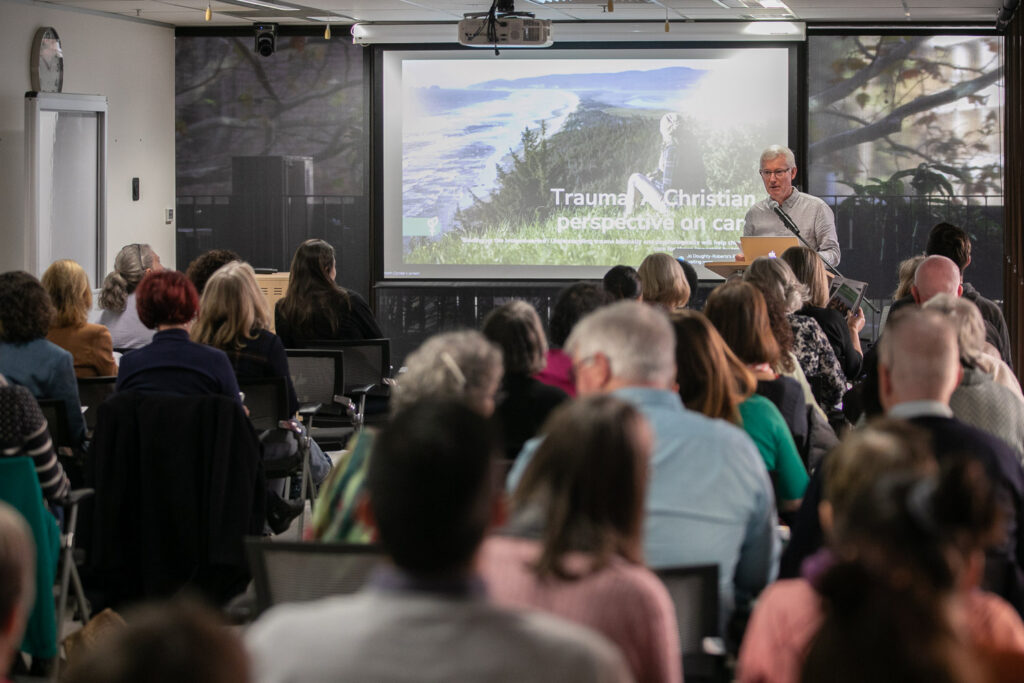

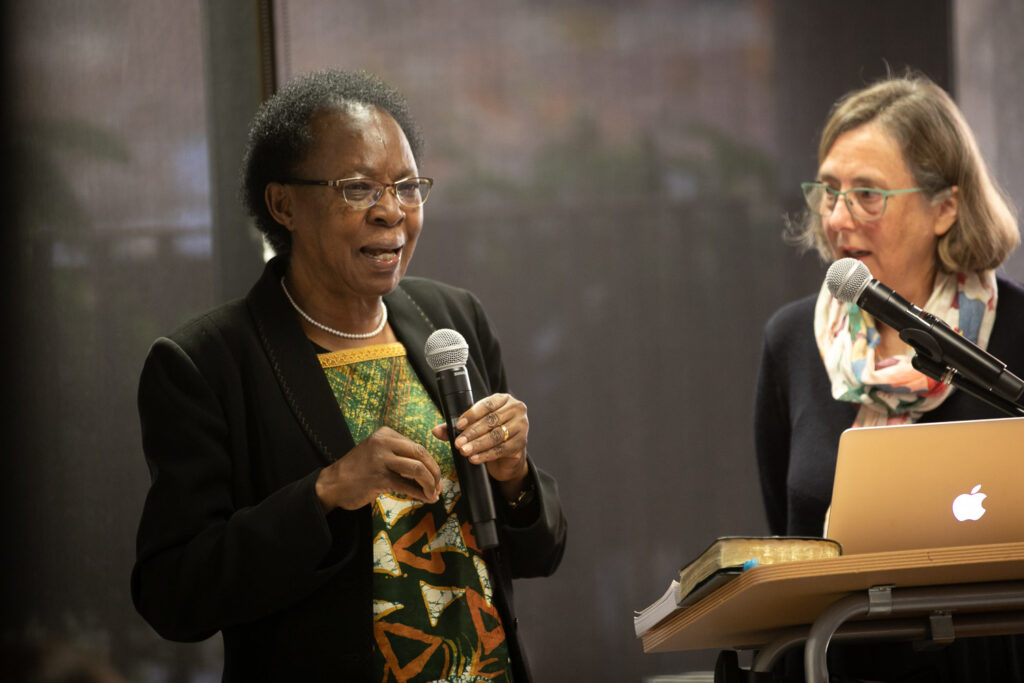
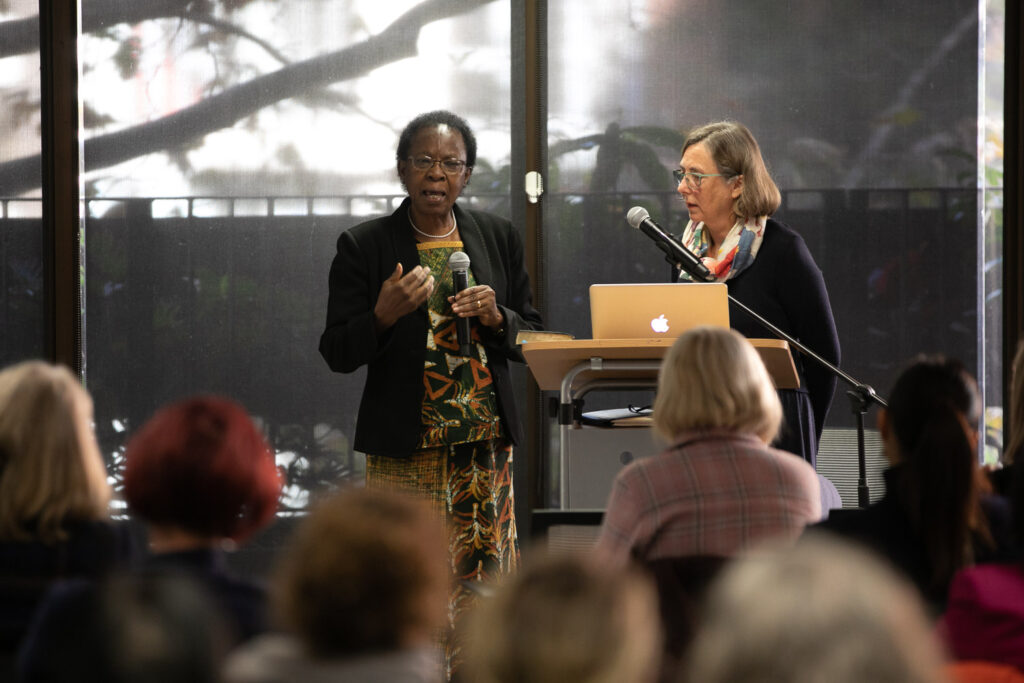
In fact, that sense of bringing the spirit of Jesus into people’s lives forms the bedrock of Gladys’s teaching about how to minister to people who have suffered trauma.
When asked what makes the Christian response to trauma distinctive, Gladys said “You are the aroma of Christ” (2 Corinthians 2:15). “When you bring your presence and sit with them, you will bring Christ to them.” And it is the comfort that we personally draw from in our own personal relationship with God, that enables us to offer comfort to others. (2 Corinthians 1:3-5)
Gladys emphasised the importance of caring for one’s own mental, physical, and spiritual wellbeing. She shared how things such as gardening, and time with family and friends were helpful. However, her daily mornings with the Lord in prayer and reading the Bible were where she draws the comfort that sustains her, enabling her to keep on offering care and support and love.
Sarah said many seminar participants went away empowered by her words, and a fresh understanding that the comfort we draw from God can be used to minister to others.
One of the big takeaways was that we can all do something to respond to traumatic events
“One of the big takeaways was that we can all do something to respond to traumatic events,” said Sarah. “We can all be that aroma of Christ to someone who is hurting.”
Gladys advised her listeners to go away with an action plan and take concrete steps to prepare themselves to care for others and their own emotional wellbeing.
One way to do that, she said, is to undertake a Psychological First Aid course. This is a short course designed to equip people to support those impacted by an emergency, disaster or traumatic event. (A list of Australian organisations that offer these courses is provided below.)
Another useful resource is Gladys’s own book, ‘Crisis and Trauma Counseling’.
MH+PC hopes to run similar professional development days on other topics in the coming months.
Helpful links
Crisis and Trauma Counseling by Gladys Mwiti
About Psychological First Aid pdf
Graduate Certificate of Pastoral Care for Mental Health at Mary Andrews College
Organisations offering training in Psychological First Aid:
Michelle Haines Thomas is a journalist and marketing specialist who lives on the Hawkesbury River. Michelle’s hobbies include taking photos of clouds and stealing flowers from other people’s gardens.
